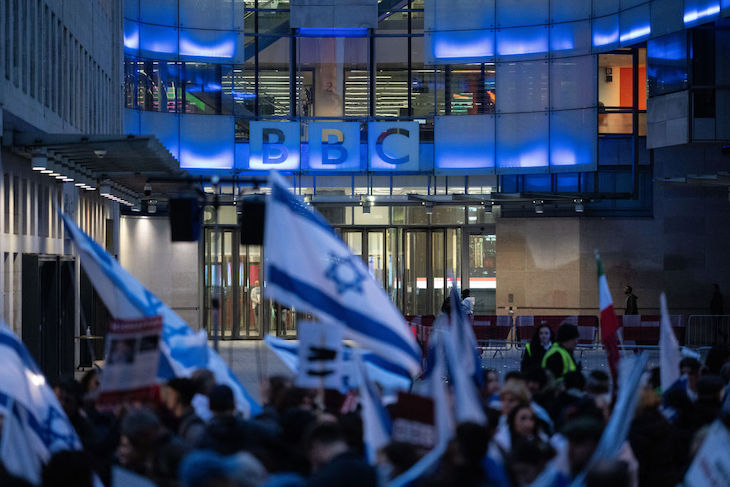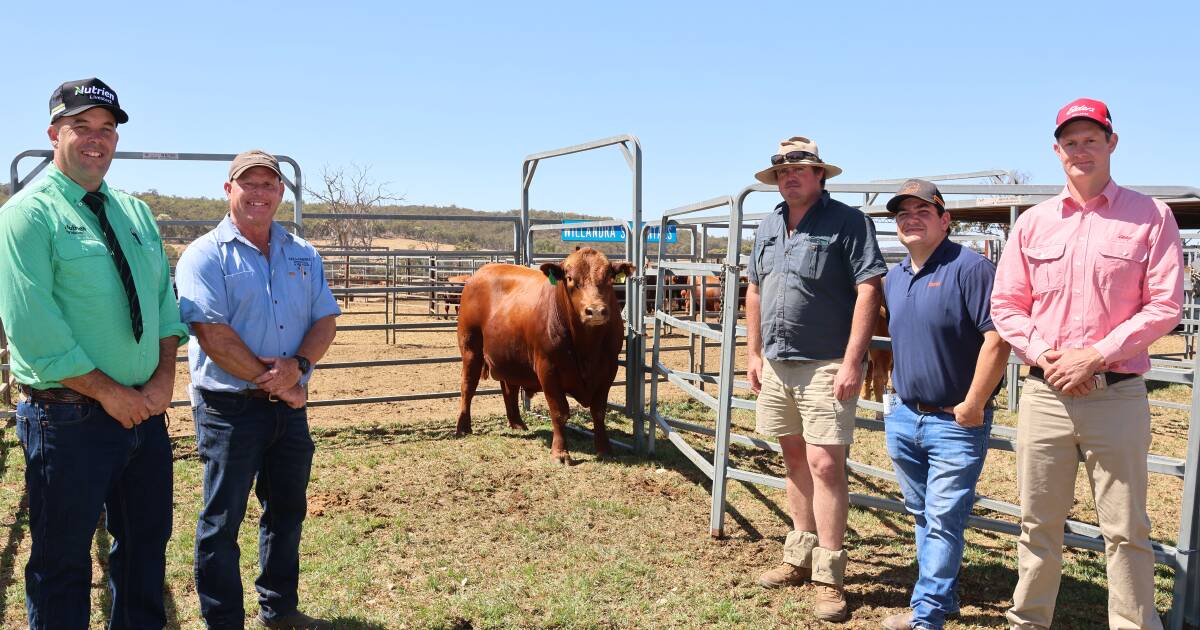
LONDON, ENGLAND - OCTOBER 16: Members of the Jewish community gather outside BBC Broadcasting House to demonstrate against the BBC's ongoing refusal to label Hamas as terrorists, on October 16, 2023 in London, England. The National Jewish Assembly is protesting at the BBC's refusal to label Hamas as terrorists and comes after the militant group's recent attacks on Israel. Hamas was prescribed as a terrorist organisation by the UK in March 2021 (Photo by Carl Court/Getty Images)
UPDATE: The UK’s energy regulator, Ofgem, has just announced a controversial hike in standing charges on electricity bills, impacting small businesses and households across the nation. The new plan will generate a staggering £3.7 billion for the Treasury, yet it leaves ordinary consumers and small to medium enterprises (SMEs) to bear the brunt of rising costs.
This urgent change comes as hospitality leaders, already grappling with increased wages and National Insurance contributions, label the hike as “unacceptable.” Kate Nicholls of UKHospitality voiced the frustrations of many, declaring the energy market “completely broken.” The implications of these changes are significant, with small businesses struggling to keep their doors open amid soaring operational costs.
While Britain faces this energy crisis, Australia is witnessing similar turmoil. Authorities warn that as renewables become the focus, blackouts loom and prices are set to spike. Families are forced into tough decisions between basic needs like heating and food, while small cafes shutter due to mounting subsidies for large solar operations.
This situation poses an urgent question: are governments neglecting the human cost of their energy policies? The Australian government’s fixation on emissions targets raises alarms as households and businesses feel the financial squeeze.
In a tragic incident on October 2, 2023, a violent attack outside the Heaton Park Hebrew Congregation in Manchester has further shaken communities. Jihad Al-Shamie, a 35-year-old reportedly on bail for a serious crime, drove his car into worshippers and fatally stabbed a security guard. The counter-terror police rapidly classified this as a terrorist event, putting MI5 on high alert.
As the media coverage unfolds, it reveals a stark double standard. Initial reports focused on vague details, while other incidents, such as the East Sussex mosque fire, were labeled as hate crimes almost immediately. The discrepancy in media responses raises questions about bias and the narratives being perpetuated in society.
In the aftermath of these events, public outrage is palpable. Many citizens feel their voices are sidelined as political elites pursue agendas that do not reflect the struggles of everyday people. The outcry over energy bills and the inadequate reporting on security threats expose a troubling disconnect between those in power and the constituents they are meant to serve.
As political leaders, including Australian Prime Minister Anthony Albanese, continue to advocate for unity, the reality is that their policies are leaving many families in distress. The rising electricity costs and selective media coverage contribute to a growing sense of frustration among the populace.
It is time for ordinary people—the tradies, baristas, and worshippers—to demand accountability and representation that resonates with their experiences. As this unfolding crisis continues to impact lives, the urgency for change has never been greater.
Are we really that gullible to accept broken systems as progress? With rising costs and unsettling security threats, the need for a wake-up call is critical. Stay informed and take action before the lights go out on the truth.
For further updates, stay tuned.






